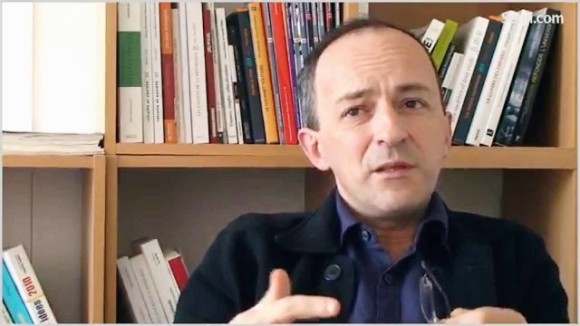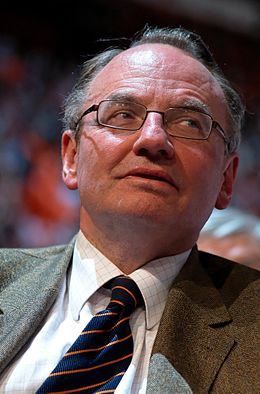
It is an interesting time when the US has started the Primary process and the French Socialists are debating whether to hold Primaries before the 2017 presidential elections.
The French public is following with great interest the twists and turns of the American campaign and was fascinated with the Iowa and New Hampshire primaries. It is surprisingly well informed (mentioning for instance the exact number of delegates each primary will bring to the national conventions). For a non-American, such a campaign is a real spectacle.
What is appealing to Europeans is the town hall format with a grass roots approach — the open debates when the candidates are bombarded with questions on a wide spectrum of topics. Besides, the European public likes a democratic process allowing candidates to be chosen by the people and not imposed from the top.
If primaries are systematic in the US, it is not the case in France. The primary system is already in place for the right wing party Les Republicains or LR, and also for the center, (UDI and Modem). But it is not with the left.

At this time there is an ongoing debate as to whether to make primaries the norm in left- wing politics. This debate reflects the division within the Socialist Party (PS). Thierry Pech, general director of Terra Nova, a think tank, has been most vocal since 2011 in advocating the adoption of a primary by the left.
The PS is divided since the “Frondeurs” (rebellious ones) have become a splinter party. Furthermore part of Europe-Ecologie les Verts or EELV (the Greens) have deserted the PS. The fracture within the left appeared quite blatantly during the Feb. 10 vote at the Assemblée Nationale on the inclusion in the Constitution of the dechéance de la nationalité (the loss of nationality) for terrorism acts. Half the Socialist deputies voted against their own government’s proposal.
Recently, the Minister of Justice, Christiane Taubira, caused quite a stir when she slammed the door and resigned from the cabinet over her disagreement on that very topic. Within 24 hours, she was giving a lecture at NYU!
On Jan. 11, Daniel Cohn-Bendit, ex-green European deputy (hero of the May 1968 uprising) and Thomas Piketty, 44 (nominated as the best young economist of France in 2002), headed a group of politicians and intellectuals who published a manifesto in the daily Liberation. The manifest called for a primary in order to reanimate a political debate of ideas.

“The quarrel about having a primary …” said Jean Louis Bourlanges, professor at Sciences Po and essayist, ” … reminds me of what Churchill said: democracy is the worst form of government except for all the others.” Bourlanges continues, “The Socialist militants are less and less representative. The proposition is like poker-liar: one pretends to have ideas, then one incarnates those ideas within a person.”
Many Socialists are opposed to the prospect of a president involved in months of campaigning while he should be concentrating his attention on governing the country and jumping into the fray as late as possible. For the time being, François Hollande is waiting and will not declare his candidacy until he sees a reversal of the unemployment curve.
On Feb. 11, the Elysée announced a government reshuffle. The objective was to remedy some of the internal division of the PS by bringing three ecologists into the cabinet and widening its base. The parity – 19 men, 19 women – is maintained. Jean Marc Ayrault- prime minister until two years ago – returns, but this time as minister of foreign affairs.
Apart from the positive asset of having a German-speaking and pro-European new prime minister, the changes in the composition of the executive were generally met with disappointment and criticism across the board.

About the author: Nicole Prévost Logan divides her time between Essex and Paris, spending summers in the former and winters in the latter. She writes a regular column for us from her Paris home where her topics will include politics, economy, social unrest — mostly in France — but also in other European countries. She also covers a variety of art exhibits and the performing arts in Europe. Logan is the author of ‘Forever on the Road: A Franco-American Family’s Thirty Years in the Foreign Service,’ an autobiography of her life as the wife of an overseas diplomat, who lived in 10 foreign countries on three continents. Her experiences during her foreign service life included being in Lebanon when civil war erupted, excavating a medieval city in Moscow and spending a week under house arrest in Guinea.